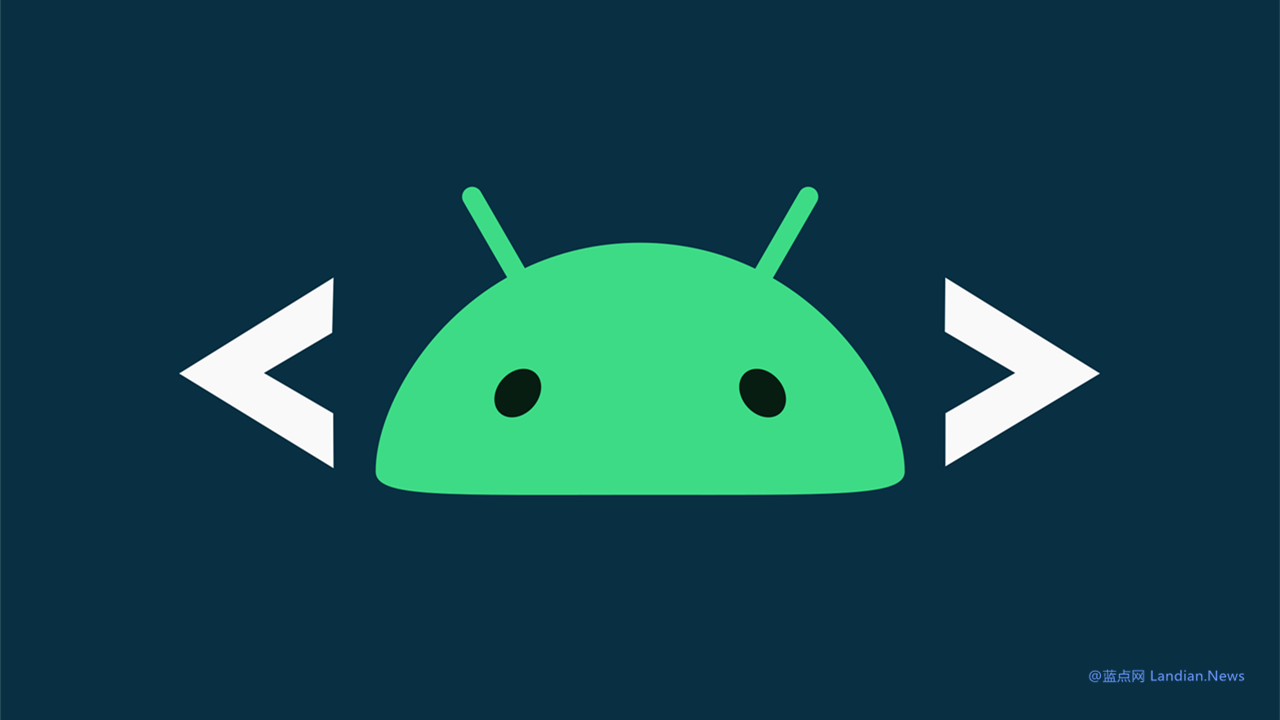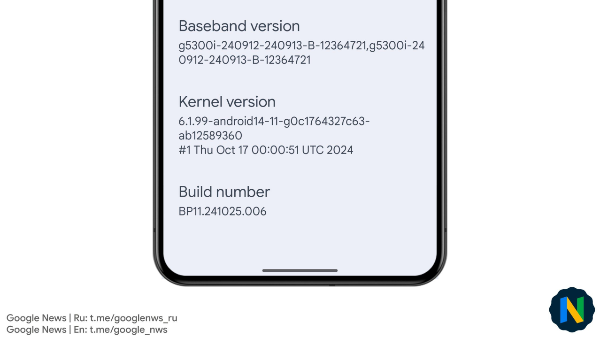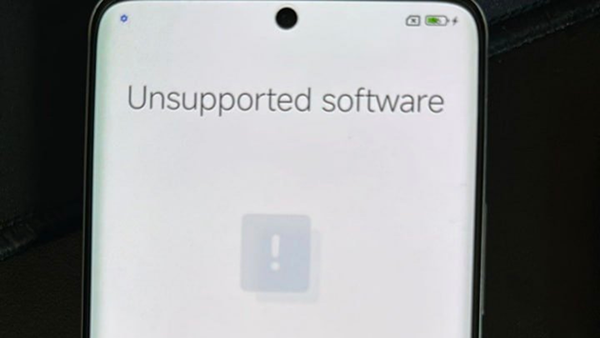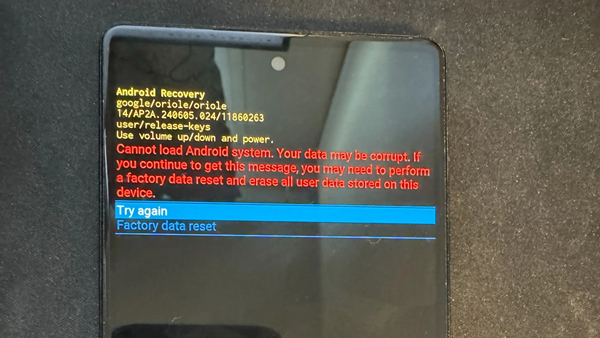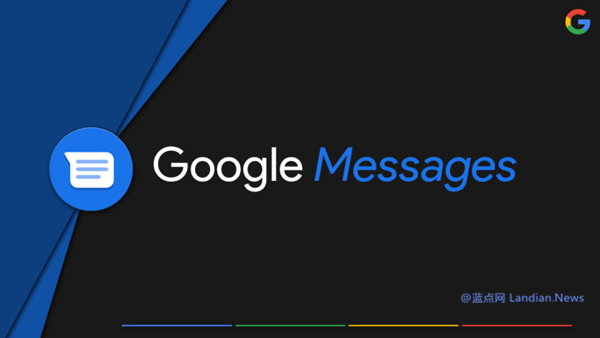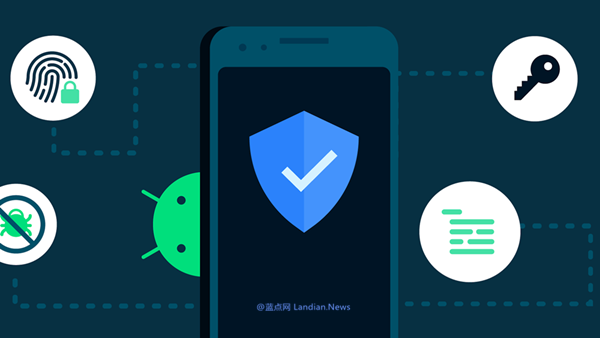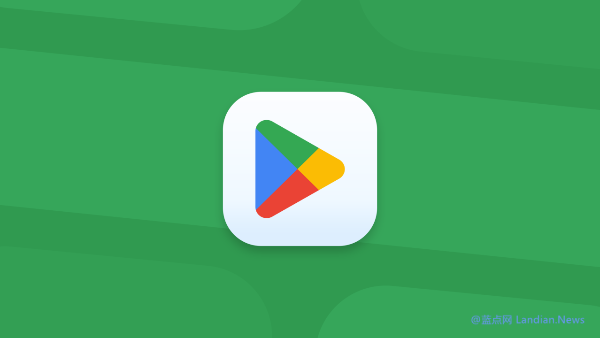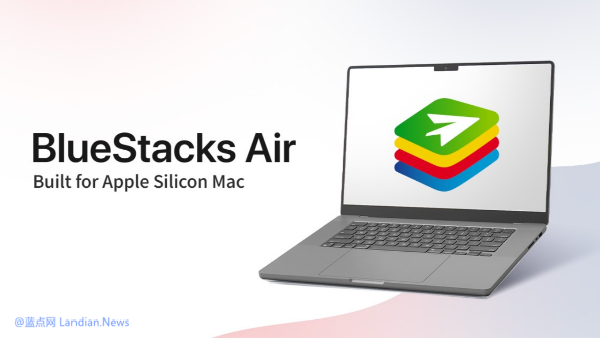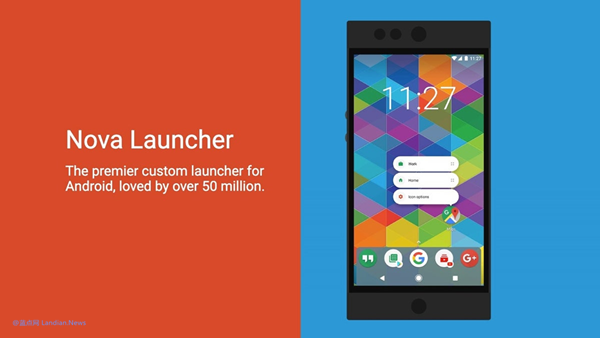Google is set to launch the Android 16 developer preview soon, aiming for an earlier release of the official version for OEM pre-installation next year.
Traditionally, Google rolls out a new Android developer preview around February each year for testing, with the official version of Android released around August. This update schedule has been in place for many years. However, after careful consideration, Google has decided to adjust this schedule to release Android 16 and subsequent versions earlier. The primary goal is to enable a broader range of devices to receive updates more swiftly.
The new Android update plan devised by Google includes the following points:
- The developer preview of the new Android version will start rolling out for testing between November and December each year;
- The major version update of Android for that year will be released in the second quarter (April to June);
- More minor Android updates will be released throughout the year to quickly introduce new features or fix bugs.
This adjustment by Google is directly related to the release schedules of chip manufacturers (such as Qualcomm and MediaTek) and OEMs. Google aims to release new versions before OEMs launch their new flagship Android devices. This allows these devices to come with the latest version of Android pre-installed rather than an older version that requires subsequent adaptation and upgrades.
For most OEMs, adapting and upgrading is a significant challenge. Many OEMs pay little attention to system upgrades for devices they have already launched, resulting in many devices receiving no functional updates post-launch (with the occasional security update).
This move by Google also has the advantage of increasing the coverage rate of the new Android version for that year, quickly pushing up the usage ratio of the new version. Waiting for OEMs to push the new version could take a long time, which is not conducive to moving the Android ecosystem forward sooner.
However, for most users, Google's change in schedule may not make much difference. The changes brought by new Android version updates are usually minimal unless the user has a Google Pixel device. In that case, they might not notice significant changes in system update timing or new features.
